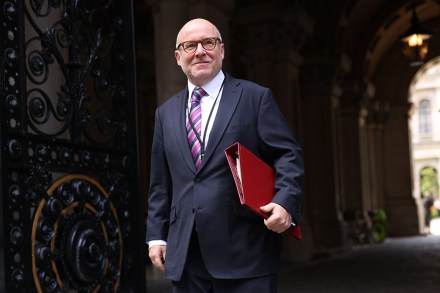Keir Starmer’s choice of Attorney General should concern conservatives
Of all Keir Starmer’s appointments to government, none have been so personal or politically significant as his choice of Attorney General. The Prime Minister’s politics have been shaped, refined and hardened by his time as a human-rights barrister. The role of Attorney General – the government’s chief legal adviser and the minister responsible for the Crown Prosecution Service, which Starmer ran as director of public prosecutions – is of critical importance to him. While the PM may or may not take a close interest in who is minister for planning, veterans or food security, he will have thought very carefully about who should be his AG. The choice of Richard




















